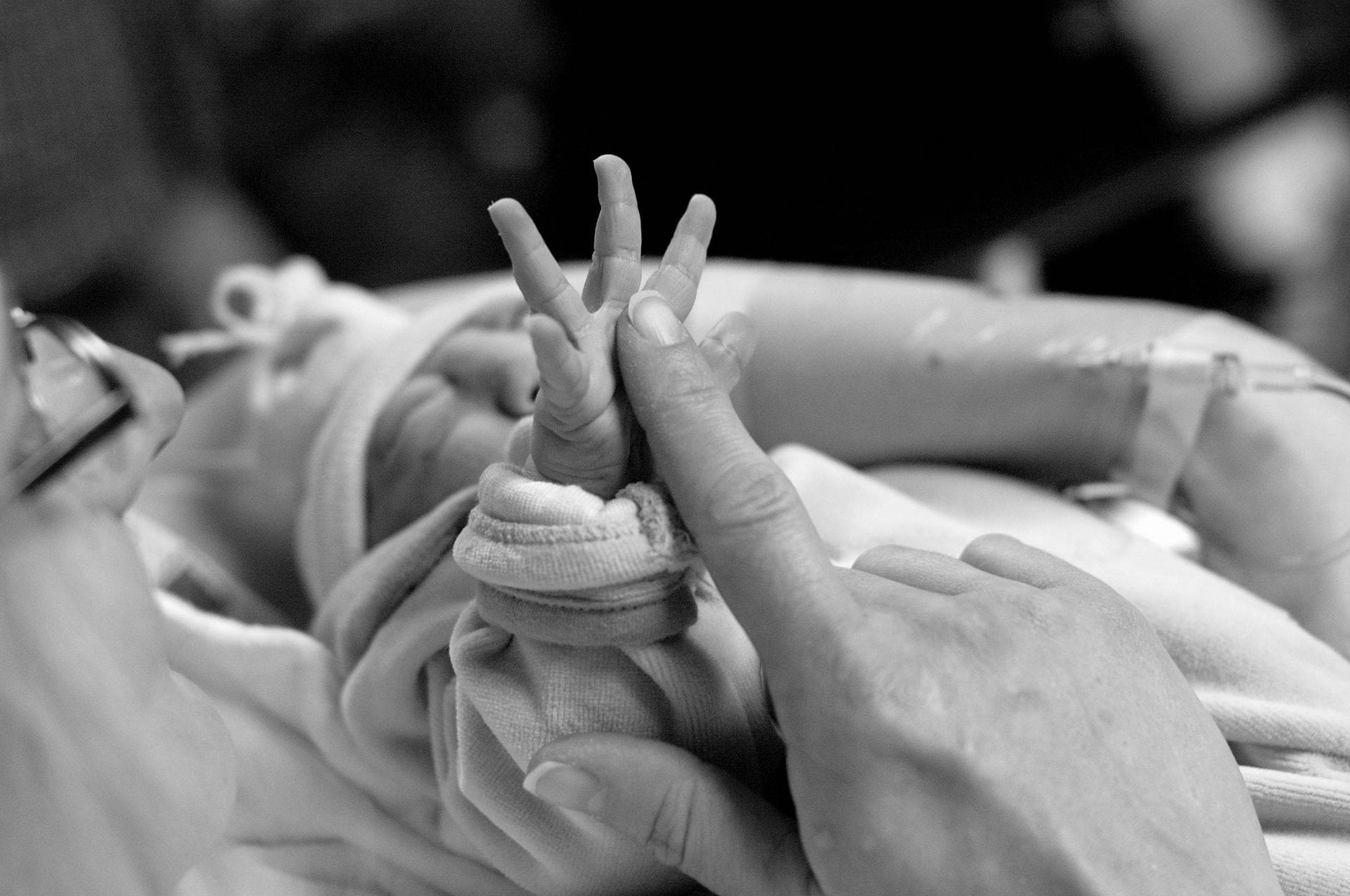Kerry Sheridan had dated her now-husband, Danny, for 7 years when they got engaged in 2009. At that point, the Silver Spring, Md., couple decided they would move in together since the wedding would be just a few months away. They attended Mass each Sunday and their faith was important to them both. But Sheridan’s Catholic mother had difficulty with the situation.
“We had many fights and tears, and she couldn’t let it go. She felt in her heart that it was not the right thing to do,” Sheridan, 29, told Crux. “It was really hard on her.”
But Sheridan’s situation is hardly unique among Millennials, those 20- and 30-somethings who have recently transitioned into adulthood.
At one point in the not too distant past, a couple sharing sheets and towels before exchanging vows was cause for scandal. Today? Not so much.
According to clinical psychologist Meg Jay, most people in their 20s will move in together, and have sex with, romantic partners at least once in their lives before marriage. This lends some challenges to the Catholic Church, which forbids both. But given the reality, bishops will consider the pastoral implications for those seeking church marriages at a worldwide gathering of bishops next month in Rome.
Earlier this month, Pope Francis presided over 20 weddings at the Vatican. Among the couples, several lived together before saying “I do.” But during a 2011 visit to Croatia, Pope Benedict XVI said, “Do not give in to that secularized mentality which proposes living together as a preparation, or even a substitute, for marriage.”
Church law says couples who live together before marriage have a right to a Catholic wedding, but a priest may recommend postponing the marriage if he believes the pair lacks a proper understanding of marriage as a Catholic sacrament.
While dioceses follow their own guidelines for marriage preparation, the US Conference of Catholic Bishops suggested that priests and others leading marriage preparation courses, known as “Pre-Cana” in Catholic parlance, avoid condemning cohabiting couples seeking marriage, but raise the issue during marriage preparation classes. The overall goal, a 1999 report states, is “supporting the couple’s plans for the future rather than chastising them for the past” so that the couple can be drawn “deeply into the church community and the practice of their faith.”
Marriage, of course, has evolved over time, and so have the rituals around marriage. In fact, Medieval Catholic scholars debated when marriage begins. Is it at the time two people agree to be married, when they consummate the agreement, or when the church blesses it? Like today, living together back then — if the couple agreed they would marry — might have been accepted by society.
Thomas McIntyre of Statesboro, Ga., said that he and his fiancée, Nancy-Leigh, intentionally live apart, even though sharing a place would be easier on their finances.
“It’s tough and I will be immensely glad when we are only paying rent for one place, but we believe it is completely worth it,” McIntyre, 25, told Crux, “not just for the spiritual benefits, but also because it generates a willingness to sacrifice in each of us that will be crucial to the success of our marriage.”
Catholic teaching aside, does living together before the wedding affect marriage in the long term? It’s unclear.
Several studies have found that cohabiting before making plans to marry can result in unhappy marriages and higher divorce rates than those who waited. This might be caused by couples “sliding” into marriage because it’s just too difficult to cut ties — and leave a home, furniture, and lower rent — even when they realize early on that the relationship isn’t great. Some studies found that couples who lived together before marriage were one-third more likely to divorce than those who did not.
However, other studies suggest that it’s not cohabitation that leads to marital misery, but rather, moving in together before reaching the emotional maturity to deal with a relationship. One study pinpointed that age to be 23.
The document guiding bishops during the synod says that “some pastoral approaches might include offering, from a young age, instruction on appreciating the beauty of marriage.” It also says couples who live together before marriage but abstain from sex have “witness value” for other Catholics.
But if Catholic couples living together before marriage is a problem for bishops to confront, it’s certainly better for them than the alternative: couples that aren’t looking for church marriages at all.
According to the Catholic research group CARA, there were more than 350,000 Catholic weddings in the US in 1964. But even as the Catholic population in the US grows, the number of Catholic weddings has plummeted: Last year, there were slightly more than 157,000 Catholic weddings. In Europe, the decline is even more dramatic.
For bishops, who next month in Rome will seek “to convey to young people the certainty that they are not alone in building their own family,” the challenges remain daunting, including changing attitudes — even among the faithful.
Sheridan, who reconciled with her mother well before the wedding, said that the young priest who married her and her husband did describe their situation as “not ideal.” But “he didn’t really make it an issue,” she said. “He was also just realistic that it’s the 21st century.”














